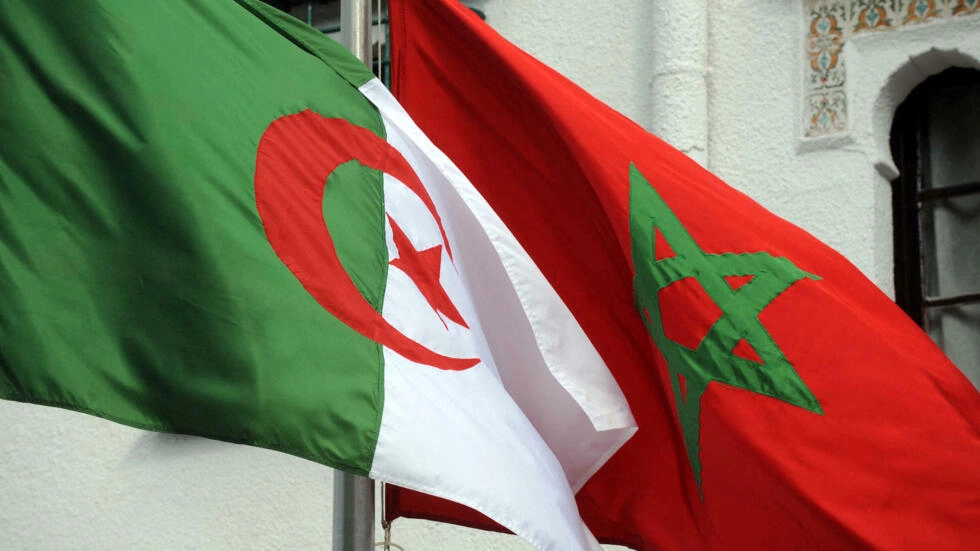Algeria’s attempt to strengthen natural gas export ties with Europe might not be enough to paper the cracks in the country’s flailing economy
Algeria is paving the way for a stronger natural gas export profile in Europe, building off of preexisting relationships with Spain, Italy and Portugal, Forbes reported earlier this year. But efforts to restore growth based off energy sector expansion have a limited chance of revitalizing success as two years of low oil prices bear down on government revenues.
“Boosting existing fields and new fields coming online this year will push output up,” Sonatrach’s CEO Amine Mazouzi said in January.
The Algerian economy needs large-scale government reforms to improve the prospects for its populace in the short and medium terms—and not just the lackluster reforms that entrenched officials have already been pursuing to encourage new businesses and balance the budget by increasing the tax burden on citizens.
President Abdelaziz Bouteflika has spent the last 18 years building a system that offers Algerians subsidized fuel and food for loyalty and national security. The dismantling of this trade-off through overdue austerity measures in December revealed deepening cracks in the North African country’s “stability.”
In January, Interior Minister Noureddine Badawi threatened to “strike with an iron fist whoever tries to destabilize the country’s security” after rioting, complete with burning and vandalism, erupted in Algiers and several other major cities.
Together, the westernmost countries of the Arab world – Morocco and Algeria – represent a bulwark of stability for neighboring Europe, which is preoccupied with preventing unwanted terrorist visitors from chaotic Libya across the Mediterranean.
But the death of 80-year-old stroke-stricken Bouteflika is imminent. The leader’s family has hidden his health status from the public after a 2013 stroke and subsequent hospital stay in France – meaning the president’s closest associates will be pulling the strings until new elections are declared.
Unwieldy corruption makes it unlikely that the coming change in guard will be democratic. Senior officials have a made a habit out of over-invoicing imports and exports to personally profit off of the nation’s natural resources. A capital addiction of this intensity won’t be easy for Algeria to kick as deep-seated officials stick to their positions.
Recent attempts at reform have facilitated the creation of new small businesses—which would redistribute wealth to citizens—though too little time has passed to measure the real effects of the policy changes.
In anticipation of a diversified export profile, the government has approved the construction of deep-sea port in the city of El Hamdania with loans secured from China and the African Development Bank.
Once the $3.3 billion facility is fully constructed in 2021, it will process 27 million tons of goods annually, competing directly with rival Morocco’s Tanger Med Port. A road project that starts in the same city will allow Algerian importers to bring goods from the new port into landlocked countries to the south.
Establishing a balance of trade in Algeria’s favor requires a strong manufacturing engine, which has been slow to take shape.
Manufacturing has seen small victories in Algeria, with Renault Trucks announcing a new 24,000 square meter plant in January that will begin production later this year. The site will employ just 500 people and does not represent a strategic expansion of partnerships that could reshape the national economy. Forty percent of the popular 16-ton truck market is already dominated by Renault Trucks.
As Bouteflika’s time on Earth runs out, much of his country’s reform plans are too little too late.
Source: Can Natural Gas Rescue Algeria’s Ailing Economy? | OilPrice.com














